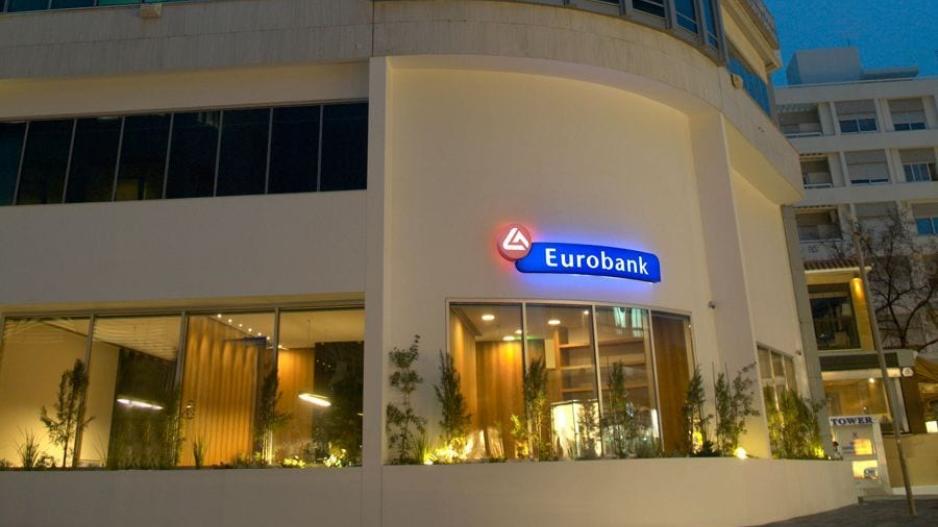Eurobank's Expansion in Cyprus to Enhance Economic Ties with India and the Middle East
After Brexit, Many Companies With Billions in Capital From India and the Middle East Are Seeking a New Gateway to Europe
Eurobank achieves another significant milestone in strengthening its international presence by acquiring shares of Hellenic Bank, yielding multiple benefits for Cyprus. Eurobank now directly holds 229,030,025 shares, representing 55.48% of Hellenic Bank's total issued share capital and voting rights. Eurobank’s total investment in Cyprus exceeds €800 million.
Cyprus is expected to play a central role as a European gateway for businesses from India and the Middle East looking to enter the European market. This development is poised to significantly benefit the Cypriot economy and society at large.
As Eurobank's CEO, Fokion Karavias, mentioned in a recent interview with Cypriot journalists, Cyprus has become the base for the group's business development and collaboration with the dynamic economies of the Middle East and India. He emphasized that these economies are projected to experience strong growth in the coming years and decades.
Cyprus offers numerous advantages that Eurobank aims to leverage in a strategic effort to attract capital from the Middle East and India.
Karavias explained that after Brexit, many companies with billions in capital from India and the Middle East are seeking a new gateway to Europe. Cyprus presents significant advantages due to its geographic proximity, Commonwealth status, similar corporate law to India, and English as the business language.
Additionally, Cyprus has a double taxation avoidance agreement with India and offers robust professional services (legal, accounting, financial services) provided by experienced technocrats with extensive expertise in managing foreign investments.
This friendly environment, combined with Cyprus's other advantages, makes it an attractive investment hub with a high level of service provision.

Eurobank's strategic focus includes the Indian business market, with several initiatives to establish a strong presence. Notably, Eurobank is in the process of setting up a representative office in Mumbai, India's business capital, managed by Eurobank Cyprus, to promote the group's strategy and support Indian businesses.
In February, Karavias, representing Eurobank and Fairfax Holding (which owns approximately 33% of the bank's shares), accompanied Greek Prime Minister Kyriakos Mitsotakis on a visit to India.
During the visit, Karavias signed a business agreement/memorandum with the National Payments Corporation of India (NPCI), which manages India's retail transaction execution and payment systems. This significant agreement involves Eurobank connecting to the UPI system, creating a direct transaction channel between Greece and India. The UPI system now operates through Eurobank in Greece.
The importance of this agreement is highlighted by its inclusion in the Joint Communiqué issued by the governments of both countries.
"The strategic collaboration with NPCI International aligns with Eurobank's commitment to being the bank of choice for Indian businesses looking to establish a presence in Greece or Cyprus as their entry point to Europe," said Karavias regarding the agreement.
It's worth noting Eurobank's connection to India through Prem Watsa, the Indian founder of Fairfax Holding, the bank's major shareholder.
Simultaneously, Eurobank's map includes the United Arab Emirates and other Middle Eastern countries, with ongoing engagements and visits by bank officials to these business centers to forge agreements and promote Cyprus as a new secure business gateway to the European Union.






